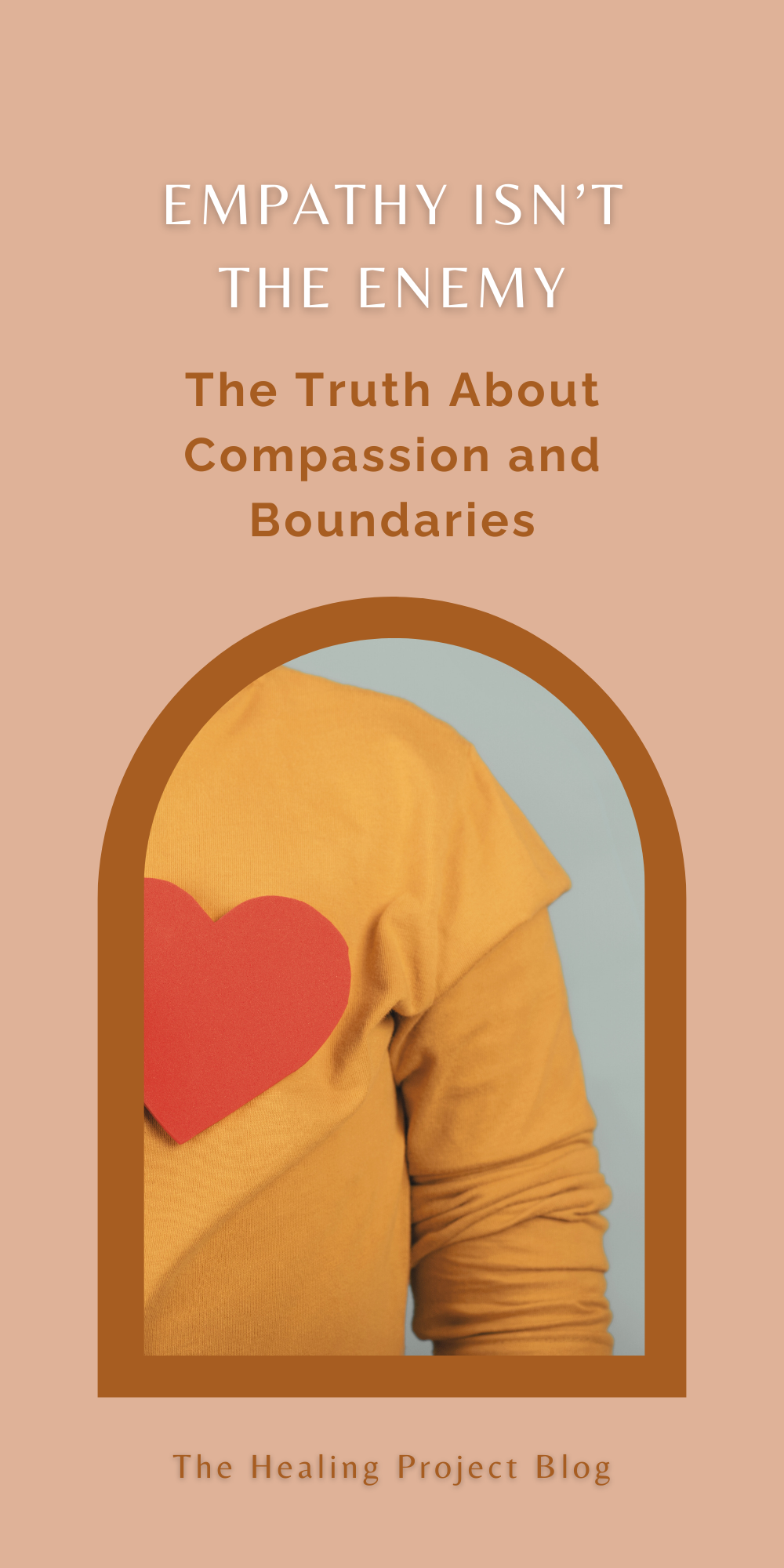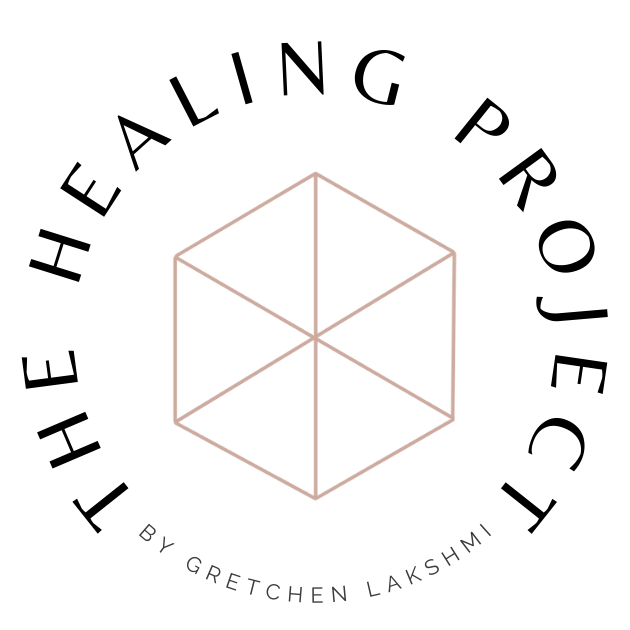Empathy Isn’t the Enemy: The Truth About Compassion and Boundaries
Empathy is under attack, and it’s coming from places we might not expect.
In certain circles, empathy is being framed as a weakness, a manipulation tactic, even a sin. Books like The Sin of Empathy by Joe Rigney and conversations in politically conservative spaces have been suggesting that feeling deeply for others isn't just unnecessary, but dangerous.
The argument? That empathy makes people vulnerable to being controlled by others, whether it’s the media, social movements, or personal relationships. While I don't believe that books like this are necessarily the problem, the interpretation and misuse of the book's messages ARE.
At first glance, there’s a kernel of truth here—one that has the potential to resonate with anyone who's ever felt manipulated by their own compassion. For example, survivors of abuse often stay in unsafe situations because they empathize with their abuser’s pain, excuses, or potential. Plenty of us have experienced moments where our empathy led us to self-sacrifice in ways that hurt us. And that is worth discussing.
But to throw out empathy entirely—to declare it a problem rather than a vital aspect of human connection—is a drastic overcorrection, and a dangerous one at that.

What Empathy Is—And What It Isn’t
At its core, empathy is the ability to understand and share the feelings of another person. It's what allows us to connect, to build relationships, and to create a more just society. It doesn't mean abandoning all reason, allowing others to manipulate us, or letting our emotions dictate every decision we make.
What many critics of empathy are actually describing is emotional enmeshment—where boundaries dissolve and one person’s emotions take over another’s sense of self. True empathy doesn't require self-destruction. In fact, healthy empathy includes the ability to say, “I see your pain, but I will not harm myself to fix it for you.”
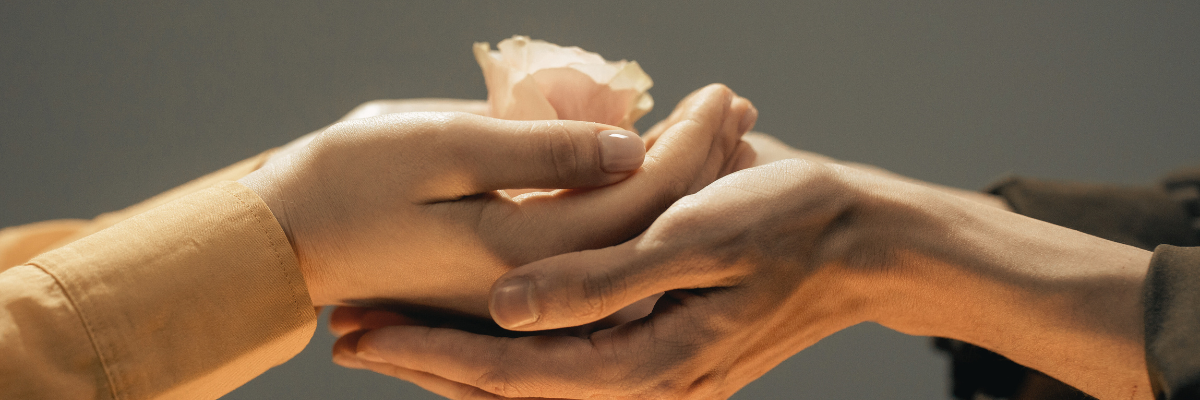
Why Is Empathy Being Rejected Now?
We have to ask: Why is empathy, of all things, being framed as the villain? The answer exists within the cultural climate that we're living in right now.
We are witnessing an era where accountability is being demanded on a massive scale—whether it’s in conversations about racial justice, gender equality, climate change, or systemic oppression.
Those who have historically held power and gone unchecked are now being asked to listen, to understand, and to care.
For some, this feels like a personal attack. When you’ve never had to consider another person’s struggles, being asked to do so can feel uncomfortable—even oppressive. And rather than sit with that discomfort, some would rather just reject empathy altogether.
But here’s the truth: Empathy is not a threat. It is an invitation. An invitation to grow, to understand, and to be part of something greater than ourselves.

How We Move Forward
Instead of falling into the extremes—either drowning in the pain of others or shutting down our empathy entirely—we need a balanced, thoughtful approach:
- Healthy empathy includes boundaries. We can care deeply for others without losing ourselves in their struggles. Holding space for someone else's pain doesn't mean taking responsibility for fixing it.
- Empathy and critical thinking can coexist. Feeling for others doesn’t mean abandoning logic. We can hold compassion while still making thoughtful, rational decisions.
- Empathy fuels accountability, not guilt. The goal of empathy isn’t to make people feel guilty—it’s to encourage responsibility and action. When we listen to others’ experiences with an open heart, we gain insight into how we can contribute to positive change.
- Rejecting empathy won’t make the world better. It might feel easier to shut down emotionally, but a world without empathy is a world without connection, justice, or humanity. The answer isn’t to abandon empathy—it’s to practice it wisely.
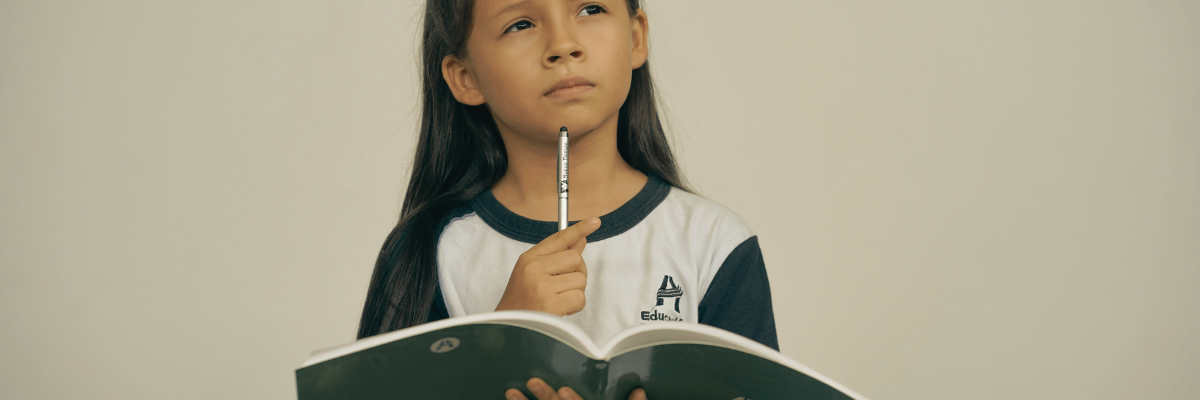
Discernment in Empathy
Misinformation spreads rapidly in our world and emotions are routinely exploited, so discernment is key. Practicing empathy doesn't mean blindly accepting every narrative or being swayed by emotional manipulation.
Instead, it requires a balance of both the heart and mind—engaging with stories and experiences thoughtfully, questioning sources, and using critical thinking to differentiate between genuine suffering and intentional deception.
Discernment allows us to remain compassionate while also setting healthy limits. It helps us navigate complex social issues without falling into extremes. When we pair empathy with critical thinking, we're not only more resilient—we're more capable of contributing to meaningful change.

The Bottom Line
Empathy isn't the problem. Misused empathy—without boundaries, without discernment—can be harmful, but empathy itself is what makes us human. This is a time when division and fear are rampant, so leaning into healthy empathy is more critical than ever. Instead of seeing it as a weakness, we should embrace it as one of the most powerful tools we have for change, healing, and connection.
Because the truth is, a world without empathy is not a world any of us want to live in.
With peace and patience,
Gretchen
SOMATIC TRAUMA SPECIALIST + ENERGETIC INTUITIVE
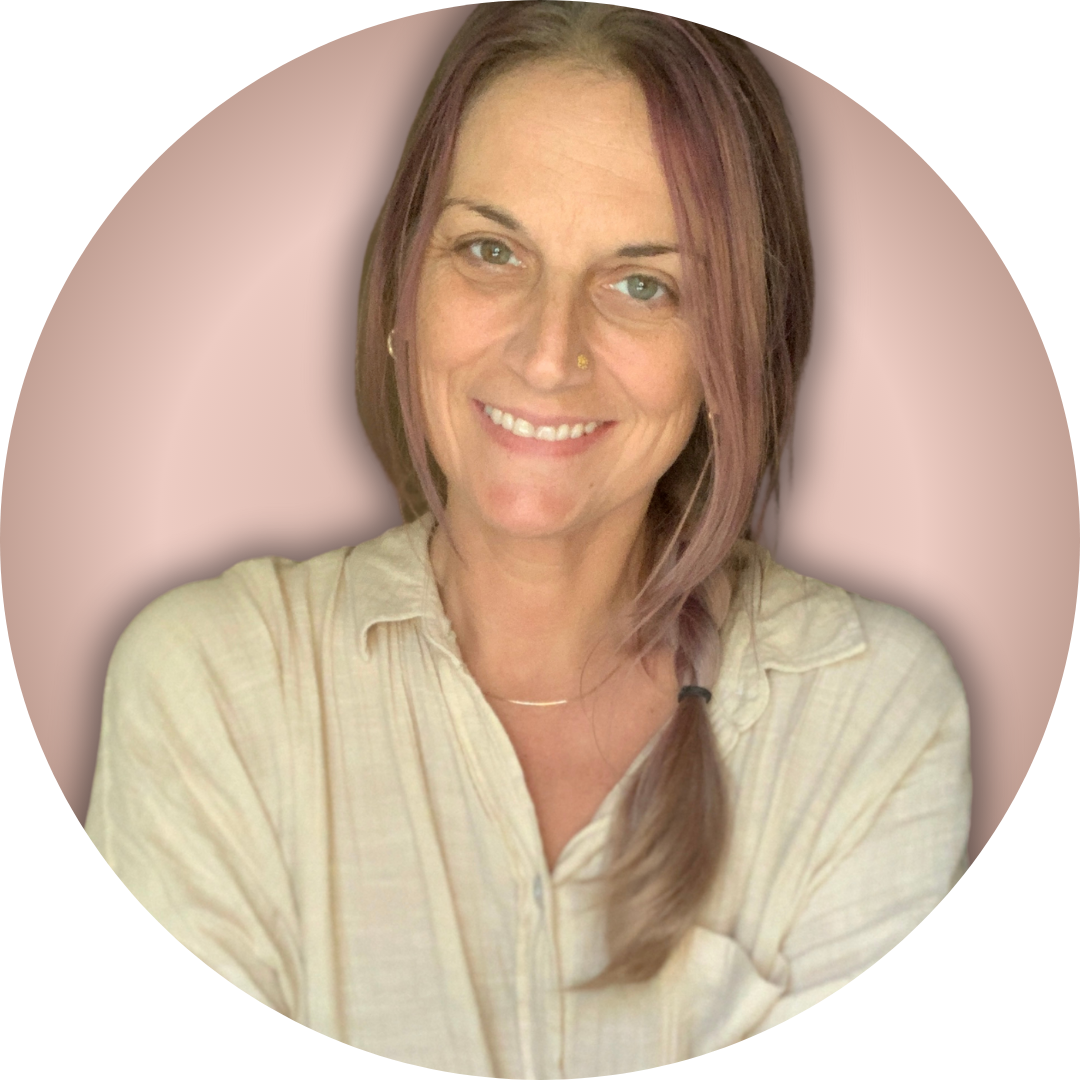
SHARE ON PINTEREST
